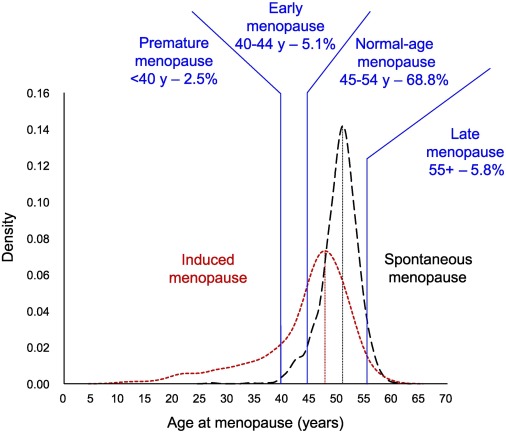
**A Decade in Perspective: Hormone Therapy in Early Menopause and Cognitive Function**
Choosing to embark on menopausal hormone therapy (MHT) can seem overwhelming, especially for women who weigh the need for symptom relief against potential long-term health ramifications. A significant area of concern has been its possible effects on cognitive health. For many years, evidence has been sparse and frequently contradictory, resulting in ongoing uncertainty. However, thanks to a comprehensive ten-year study led by researchers at the University of Wisconsin-Madison, there is encouraging news: short-term hormone therapy in early menopause does not have enduring effects—either positive or negative—on cognitive function.
This pivotal study, recently featured in *PLOS Medicine*, brings clarity to millions of women and their healthcare practitioners, aiding in the comprehension of a complicated decision-making process.
—
### **The Path to Understanding: Revisiting KEEPS**
The insights arise from a long-term follow-up to the Kronos Early Estrogen Prevention Study (KEEPS), which initially investigated the effects of hormone therapy in women navigating early postmenopause—specifically the three years following their last menstrual period. KEEPS included women generally in good health with strong cardiovascular profiles, dividing them into groups to receive oral estrogen, transdermal estrogen (a patch), or a placebo for a duration of four years.
At the outset, one of KEEPS’ aims was to evaluate how hormone therapy during this “early window” of menopause affected various health outcomes. Initial findings were promising, yet the long-term impact on cognition remained ambiguous until researchers revisited 275 participants for a subsequent round of cognitive evaluations, a full decade after the original trial concluded.
—
### **Conclusions That Alleviate Cognitive Concerns**
The agreement from the follow-up research was unequivocal: irrespective of the type of hormone therapy administered (oral or transdermal), or whether participants were in the placebo group, their cognitive functions—such as memory, reasoning, and learning—were comparable when assessed ten years following the initial therapy. This information should particularly reassure women anxious that even brief hormone use could heighten the risk of cognitive decline in the future.
Lead author Dr. Carey Gleason and colleagues stressed the importance of the timing of hormone therapy. While past research had associated hormone therapy started in women aged 65 or older with an increased risk of cognitive problems, the current study found no such risks when treatment initiated during early menopause.
“Women considering hormone therapy often feel adrift in a tide of conflicting data,” the researchers noted. “Clear, evidence-driven insights like these are essential for empowering informed decisions.”
—
### **A Comprehensive Overview: Limitations of MHT**
Nonetheless, the study also underscores what MHT *cannot* achieve. Specifically, although the treatment was neutral concerning long-term cognitive health, it did not offer any protective advantages against cognitive decline. For women hoping that short-term therapy might safeguard them from memory loss or dementia later on, this is an essential constraint to bear in mind.
Additionally, the results carry another vital caveat: the study focused solely on women with healthy cardiovascular profiles. As general heart health is known to influence brain health, the conclusions might not apply to those with existing heart issues or other medical challenges.
—
### **Implications for Women Encountering Menopause**
With menopausal hormone therapy frequently recommended for alleviating symptoms like hot flashes, night sweats, and mood fluctuations, this research provides further reassurance. Women in early postmenopause can be confident that short-term hormone therapy—whether through pills or patches—carries no long-term risks for their cognitive capabilities.
This offers healthcare providers an additional evidence-based resource to assist women through menopause, alleviating concerns about their cognitive health in the future.
—
### **The Broader Context: The Importance of Informed Choices**
The significance of this study lies in its ability to illuminate a previously unclear aspect of women’s health by uncovering two critical points: 1) timing is crucial, and 2) short-term hormone therapy during early menopause can be cognitively neutral. Notably, these findings are merely one aspect of a larger discussion regarding MHT choices, which should also consider factors such as cardiovascular risk, bone health, and overall well-being throughout menopause.
Ultimately, the study’s message is one of empowerment. With robust scientific evidence at their disposal, women can collaborate with their healthcare providers to make decisions that weigh benefits against any possible risks, tailoring an approach that best suits their individual situations.
As Dr. Gleason and her colleagues observe, menopause is not a uniform experience. But with research like this, the journey ahead is more straightforward—and considerably easier to navigate.
—
### **Summary at a Glance**
**Essential Insights from the Study:**
– Hormone therapy during early menopause has **no long-term**